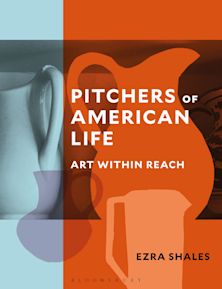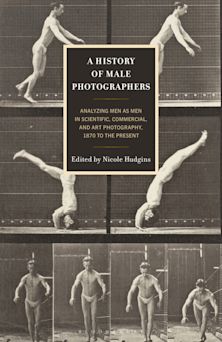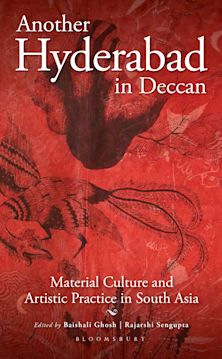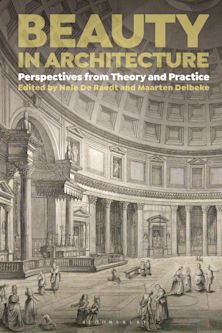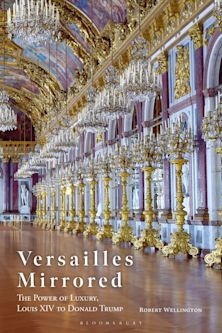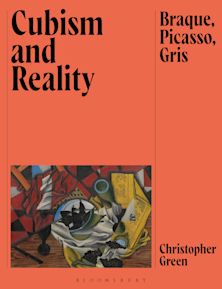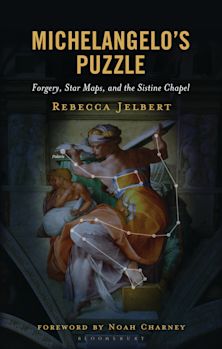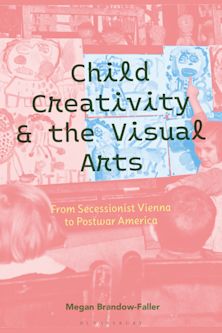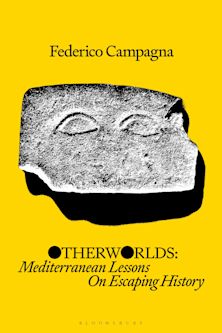- Home
- ACADEMIC
- Art & Visual Culture
- History of Art
- Moscow Conceptualism, 1975-1985
Moscow Conceptualism, 1975-1985
Words, Deeds, Legacies
Moscow Conceptualism, 1975-1985
Words, Deeds, Legacies
You must sign in to add this item to your wishlist. Please sign in or create an account
Description
As the last generation of underground artists in the Soviet Union and the first on the post-Soviet scene, Moscow conceptualists provide a unique point of view on the breakup of the USSR, the changing role of unofficial art in a repressive state, and the beginning of a new world order in both art and politics. Offering a counter-narrative to the tradition of Socialist Realism that dominates Soviet art history, this book provides insight into the production and activism of the experimental artists that worked in Moscow during this watershed moment in Russian history.
Based on extensive original research and in-depth interviews with the original artists, Nicholas demonstrates how the work of these radical, unconventional artists challenged the Soviet authorities, official doctrine, and even other colleagues in the nonconformist art world. They rebelled against political and artistic restraints alike, turning everyday texts and engaged performances into powerful statements of creative independence and unrestrained imagination.
Unlike many of their fellow dissenters, these artists rejected elitist notions about art for art's sake in favor of a more open, democratic, and on-going dialogue about everyday concerns. Their embrace of humor, their focus on the real meaning of words, and their insistence on the importance of broad participation in the creation of art make these artists important models for the challenges of our own time. A crucial link between the revolutionary avant-garde and contemporary protest art, Moscow conceptualism offers lessons for activists under pressure from authoritarian regimes around the world.
By highlighting the importance of laughter, imaginative outreach, and direct engagement with everyday citizens, this book presents fascinating evidence of the importance of individual protest and demonstrates that socially-engaged art can be a powerful weapon for change in building a better world.
Table of Contents
Acknowledgements
Introduction: Art to the Masses in an Era of Stagnation
1. Rereading Moscow Conceptualism
2. Words Worth a Thousand Pictures
3. Performative Words and Collaborative Deeds
4. Words and Worlds: Models for Moscow (Post) Conceptualism
Notes
Bibliography
Index
Product details
| Published | 30 May 2024 |
|---|---|
| Format | Ebook (Epub & Mobi) |
| Edition | 1st |
| Extent | 238 |
| ISBN | 9781350227880 |
| Imprint | Bloomsbury Visual Arts |
| Illustrations | 44 bw illus |
| Publisher | Bloomsbury Publishing |
About the contributors
Reviews
-
A thoughtful, incisive, and original study of Moscow conceptualism. This is now the foremost book in the field on
its subject-matter.Matthew Jesse Jackson, Professor of Art History, Theater and Performance Studies, Visual Arts, and the College, University of Chicago, USA
-
This long overdue reassessment of Moscow conceptualism offers a crucial piece to the puzzle of our
understanding of experimental art practices in late Soviet Russia. It weaves together new considerations of
postmodernism, conceptual art and performance art, with the particular brand of participation practiced by the
art group The Nest.Amy Bryzgel, Professor of Art History, Northeastern University, USA; author of Performing the East: Performance Art in Russia, Latvia and Poland Since 1980 (2013)
-
At last a book on the Moscow conceptualism I remember: fun, skeptical, and continually devising new methods
of making art. And not sectarian either, but open to dialogue and understanding. An eyewitness account of the
most radical and interesting groups of the time-the Nest and SZ.Yuri Albert, conceptual artist, Germany and Russia
-
A fascinating and challenging reassessment of an important artistic movement that has thus far seemed exhaustively covered.
The Russian Review
-
An important, timely contribution on Russian conceptualism to European art history, exploring links between the
revolutionary avant-garde and contemporary protest art. Drawing on artist interviews, Moscow Conceptualism
provides a unique insight into the significance of art activism under authoritarian regimes, and its important role
in society.Katarzyna Kosmala, Chair in Culture, Media and Visual Art, the University of the West of Scotland
-
Nicholas' book is a bold effort to rethink the history of Moscow conceptualism from the ground up.
Suspicious of canonical orthodoxies, the author reveals with rigor and precision that the phenomenon we all
thought we had fully grasped is in fact terra incognita.Sven Spieker, Department of History of Art and Architecture, the University of California, Santa Barbara, USA; author of The Big Archive: Art from Bureaucracy (2008)

ONLINE RESOURCES
Bloomsbury Collections
This book is available on Bloomsbury Collections where your library has access.












